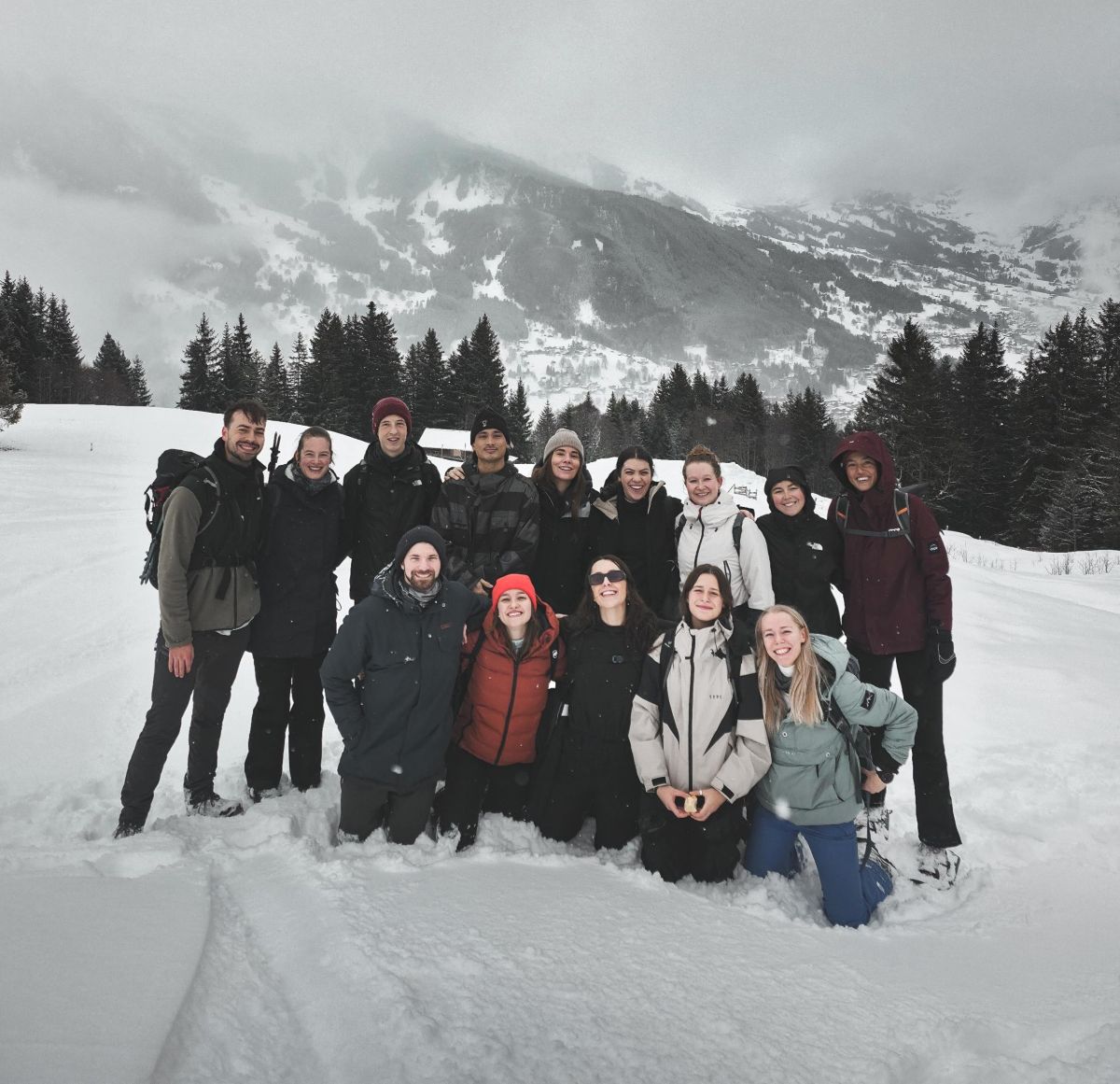Is it difficult to learn German or French when you work in Switzerland?

Honest answer? It's actually not as difficult as a lot of people think. Of course, the language is important: for work, for contact with patients, but also for feeling at home in your new environment. Many people dread it the most beforehand, but in practice, it is often not so bad.
When you work as a physiotherapist in Switzerland, you'll quickly notice how important language is. Not only to communicate well with your patients, but also for the little things in daily life: a chat in the supermarket, at the sports club or with colleagues. And precisely because you are surrounded by the language every day, you learn much faster than you think.
My own experience
When I came to Switzerland, I started about one or two months in advance with the learn some basic German, specifically focused on my work. At that time, I mainly practiced professional language: words like muscles, movements and phrases that I often use with patients.
Hint: learn a number of standard questions and technical terms by heart. Think phrases like “Does it hurt when you press here?” , “Can you raise your arm a little further?” or “How does it feel today compared to yesterday?” You'll notice that understanding is often faster than speaking for yourself. And that's completely okay: your patients really understand that you're doing your best and that's appreciated.
1. Practice not only at work, but also in your free time
The conversations you have at work are often quite limited to medical or practical topics. That's useful, but to really learn to speak fluently, you make a difference in your free time.
Try to use the language consciously in daily life. Order your coffee in German or French, chat with the neighbor, or join a sports club or language bar. It is precisely these everyday conversations that help you speak more spontaneously and naturally.
Most progress is made outside of working hours, when you use the language for real conversations, about topics you enjoy. This not only makes it more educational, but also much more fun.
2. Living with Swiss: the fastest language course available
One of the best ways to really master a language is to work together reside with Swiss. In many cities, you can stay in a WG (Wohngemeinschaft), or a shared apartment. There, you'll live with Swiss roommates, which is a natural and relaxing way to practice on a daily basis.
While cooking, eating together or watching TV, you'll learn words you'll never find in a textbook. Plus, you'll hear how Swiss really talk, including dialect, intonation and typical phrases. Many people find that they make huge leaps in their speaking skills in such an environment in a short time.
3. Make it fun: listen, watch and read
Use the language in your free time. Watch Swiss or German series with subtitles. Netflix has genuinely fun German series. Yes, really. Listen to podcasts about health or sports in German or French. And of course, apps like Duolingo, Babbel or Anki help you practice a little bit every day.
In the beginning, it's mostly about understanding, not speaking perfectly. Your brain slowly gets used to sounds and sentence structures.
It's not nothing either, but it really gets better quickly.
Yes, learning a new language takes energy. In the first few weeks, you have to go through the uncertainty for a while. But most people say the same thing after a few months: “All of a sudden, I started to understand conversations, and before I knew it, I just talked back.”
So don't be put off. With a little effort, curiosity and daily contact with the language, you'll learn faster than you think, and Switzerland will feel like home in no time.
Ready for takeoff?
Curious about your options in Switzerland? Contact us for a personal introduction. We'd love to help you get started!
Read more about Switzerland
Tips, tricks and more insights about living and working in this beautiful country


.jpg)

